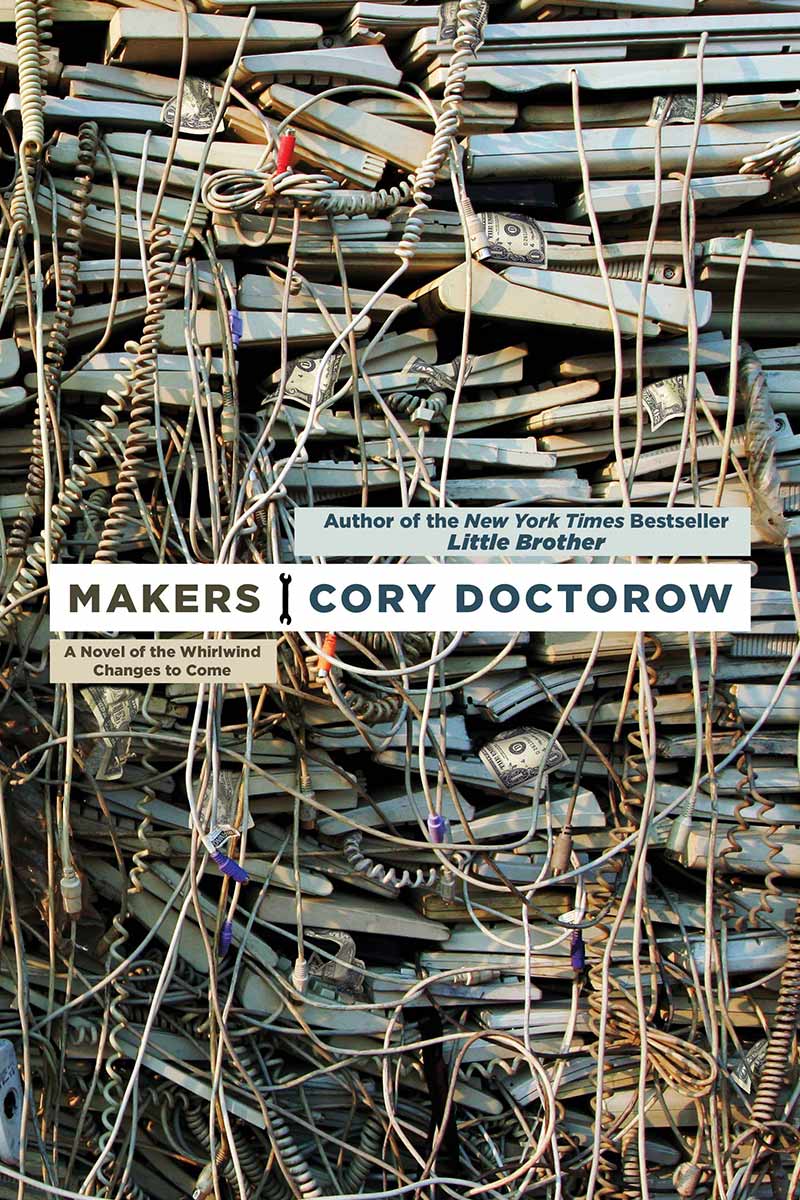I’m giving two talks in the UK this week — the first in Cambridge, as part of the Arcadia Seminar, held at Robinson College; the second is at Sheffield, as part of the DocFest premiere of RIP: A Remix Manifesto, a documentary on copyfighting and art that features some interviews with me. Hope to see you at them!
Cambridge: 3 November 2009, 6PM
Arcadia Seminar: 3rd Nov. “Thinking Like a Dandelion: Cory Doctorow on copyright, Creative Commons and creativity”
Umney Theatre, Robinson College, Cambridge. Please email mh569@cam.ac.uk if you are planning to attend.Sheffield: 5 November 2009, 2:25PM-4:30PM
RiP! A Remix Manifesto
Showroom 1, Sheffield DocFest (tickets)
Update: CORRECTION — I’m at Sheffield Doc/Fest from 1425h-1630h, not 1600-1800h as previously stated!





























